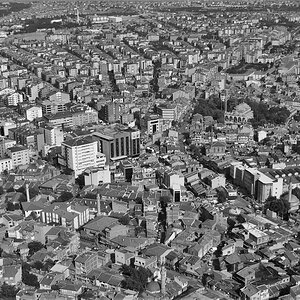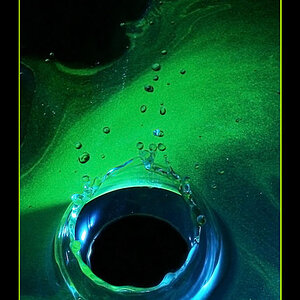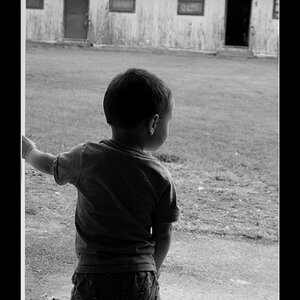RMT
TPF Noob!
- Joined
- Aug 4, 2010
- Messages
- 12
- Reaction score
- 0
- Location
- Colorado
- Can others edit my Photos
- Photos NOT OK to edit
I think what's been said above is all good advice - very indicative of how many paths can lead to success.
I think you have to define your vision of a "successful photographer" before you can really get personal advice, otherwise everyone has to opine from their own life and experience - which may not match your goals.
Schooling can make you successful, yes, that's a true statement. Self-teaching can produce the same level of photographer who is just as successful - well, yes, that's also true.
No matter what path you take, it's the man who makes the man - the woman who makes the woman.
A school won't make you a success - an equal amount of time and investment in books and camera gear won't make you a success either. Neither on their own. You'll need those damned ol' "qualities": passion, drive, work ethic (a good one, that is), ambition, tenacity.
That said, I'm a bootstrapper, a frugal businessman, especially in the start-up phase. I wouldn't advise taking on tens of thousands of dollars in debt betting on eventually starting a business you may not even enjoy running.
If your parents or grants or scholarships are paying for your college learnin's, without a doubt, take advantage and get yourself a business degree with as much photography education as you can get - that will give you the best odds of success in life, no matter what happens with your photo career.
If you're paying out of pocket or with loans, consider taking a summer or a full year to try your hand at launching your own photography business. Portraiture is very easy to get into, and only grows in its rewards - both social and monetary - with time. Even if you decide to go back to college, continue to run your business part time - over the years, you'll have built up a wonderful asset in the form of a loyal, repeat client base, and exposure as a professional in your market.
If you go the self-taught route, your shortest path to success will be focusing on a single, profitable niche. Every book you buy, workshop you attend, practice session you do should be to the end of making you the best in your niche in your market. The best baby photographer, or the best high school senior photographer, or the best family photographer - both as a photographer with your art, and as a business with your marketing and professionalism.
Self-teaching business skills will be the tough part. "Business" is about as broad a topic as "Self Help" and "History." Start with holistic marketing books like Michael Port's "Book Yourself Solid" and John Jantsch's "Duct Tape Marketing." You'll need to learn the legalities of running a business in your community, as well as how to handle money, both literally and figuratively, as in taxes and accounting.
Photography is a wonderful profession - the people I meet and the flexibility it provides me to spend time with my two (soon to be three!) kids makes it invaluable for my lifestyle. Evaluate yourself and your lifestyle, be real, and trust your instincts - only you know whether school or self-teaching will give you what you, you as an individual, as Roman Tafoya, need to be successful.
Right on the money with this one Jimmy! I'm relating like no other here; loans, paths, books, vision, niches, lifestyles - it's all there!
To be honest my vision of being a "successful photographer" is nothing more then supporting myself and some day a family. I know I want to be recognized, I want to be known, and I want to own a studio hopefully in my prime. I mean Denver is a pretty big city and there are already a ton of every kind of photographer out there, and good ones! For me, photography has always captured my imagination and kept me intrigued. No photography out of high school and yet 3 years later I'm determined to be one of the best.
My drive and ambition has been persuaded a bit by the simple fact my girl friend of 4 years is studying business and just so happens to be one of my biggest supporters. We talk about a duo, "a plan" for the "business". She's the brains while I'm the baboon with the camera lol. But no vision is ever set in concrete and I know a business degree could go a long way. I'm set to finish my assoc of arts degree in the fall and after that need to decide if continued education would be worth it. My one year at CU Boulder was Journalism infused. Perhaps I could head in that direction again? All I know is the path I choose to get there is the dilemma at the moment. That's why it's good to hear stories from both sides of the aisle. I definitely appreciate what I received out of this post! I think whatever path I choose to take it will be with conviction. I'm already starting to gain a small clientele and my timing couldn't be any better
Thanks again ppl!
-Roman Tafoya
Last edited:


![[No title]](/data/xfmg/thumbnail/30/30878-f33da8abe01acde1dcee7898f41310e1.jpg?1619734493)
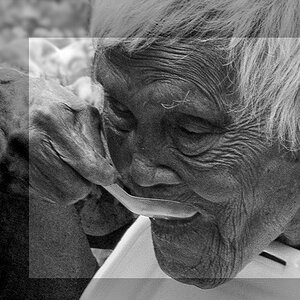
![[No title]](/data/xfmg/thumbnail/42/42277-63576745f84be96df79b94ca0f49e00b.jpg?1619740085)
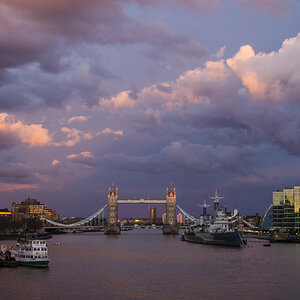
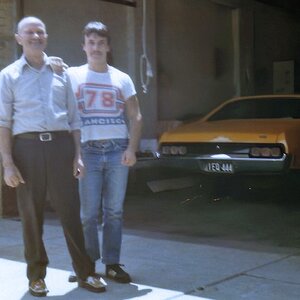
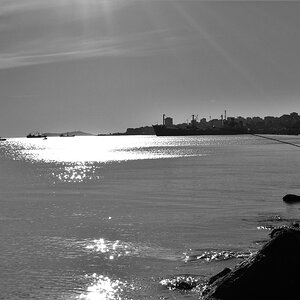
![[No title]](/data/xfmg/thumbnail/37/37115-e2d49d984453c62a2a20cf741e3d6679.jpg?1619737883)
